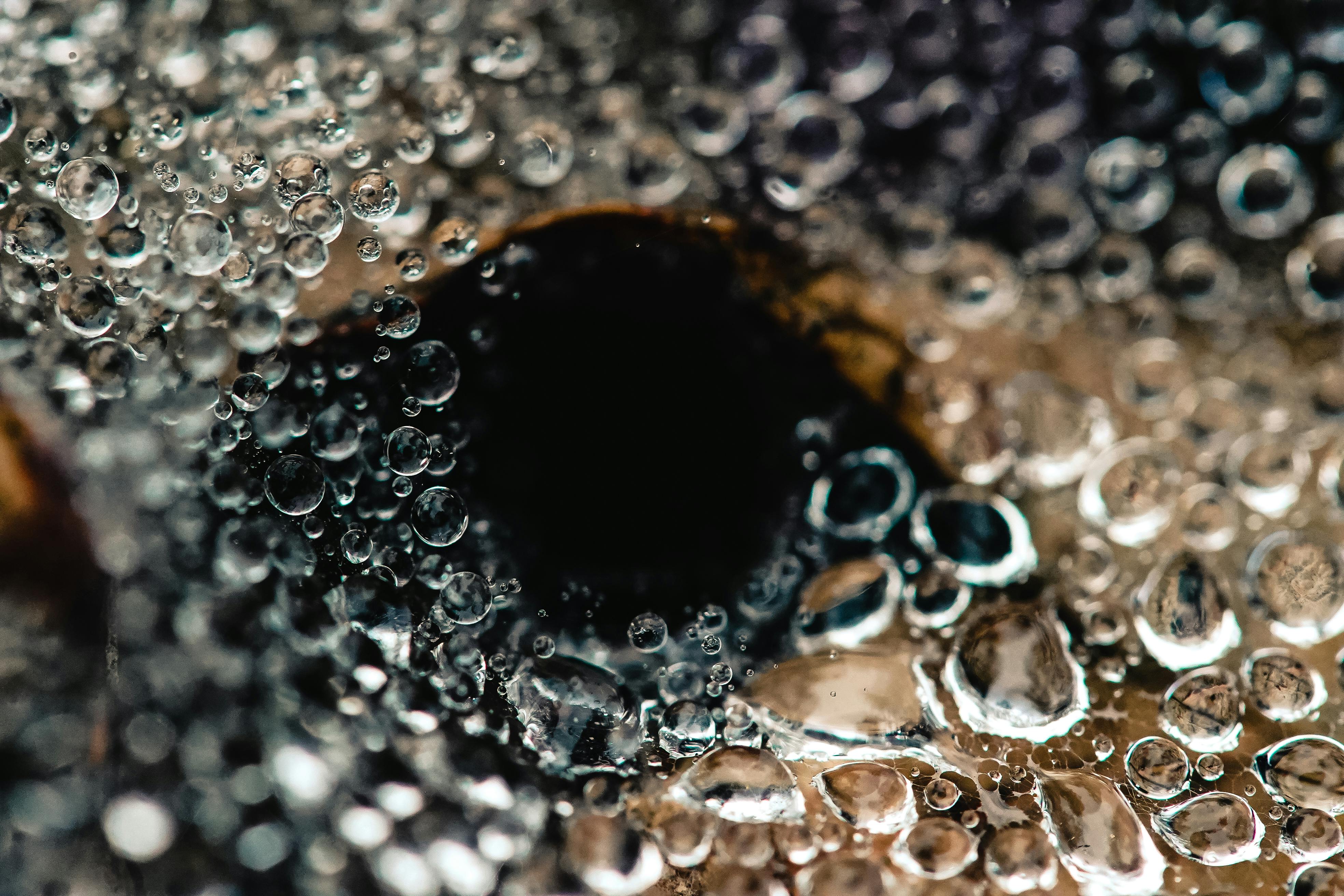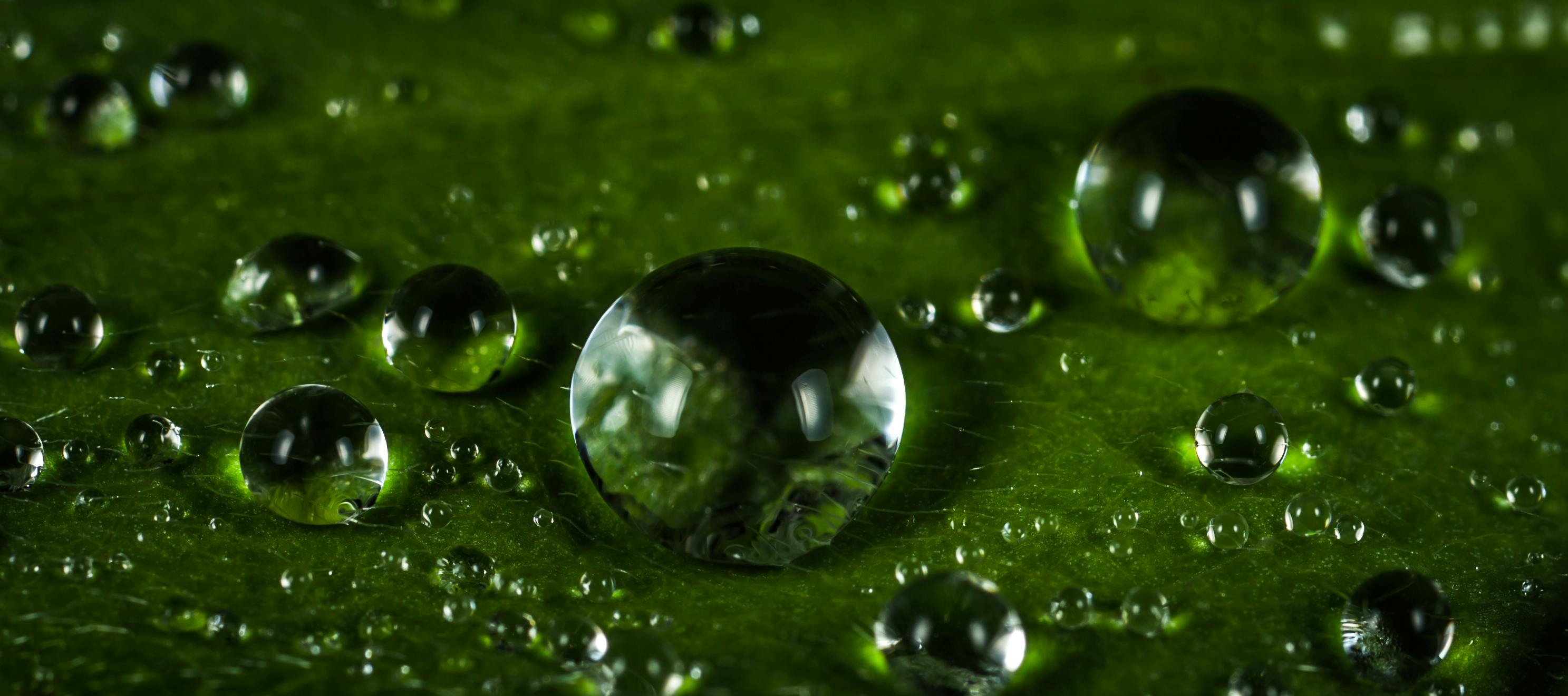Distilled water is a form of purified water that has had both impurities and minerals removed through a process of distillation. Distillation involves boiling the water and then condensing the collected steam back into a liquid. This process removes impurities such as heavy metals, bacteria, salts, and other contaminants from the water, leaving only pure H2O behind.Yes, distilled water is composed of only pure H2O molecules. Distillation is a process that removes impurities from water by boiling the water and collecting the steam, which is then cooled and condensed into a pure liquid. As a result, distilled water does not contain any minerals, salt, or other contaminants that are found naturally in water.
What is Distilled Water?
Distilled water is water that has been purified through a process of distillation. This process involves boiling the water and then condensing the steam into a clean container, leaving impurities behind. The end result is pure, mineral-free water that has no taste or odor. Distilled water is often used in medical and industrial settings, as well as for drinking purposes. It can be used to make coffee, tea, and other beverages that require pure water for optimal taste. It can also be used to top off car batteries and aquariums.
Distillation removes all minerals, bacteria, viruses and other contaminants from the water, making it safe for human consumption. Furthermore, distilled water does not contain any chemicals or added minerals like fluorine or chlorine. Because of this, it is often preferred over tap or spring water for drinking and cooking purposes. However, distilled water does not contain any essential minerals needed by the body so it should not be used as a primary source of drinking water.
What is the Process of Distillation?
Distillation is a process used to separate mixtures of liquids. It uses the difference in boiling points of the constituents of the mixture to separate them. This process is often used in chemistry and biology labs, but it can also be used in industrial applications. In distillation, a liquid mixture is heated until it boils and vaporizes. The vapor is then condensed back into a liquid form, and then collected in a container. This allows for the separation of different components of the mixture based on their boiling points.
In order to maximize efficiency, it is important to use the correct apparatus for distillation. A distillation setup typically consists of a round-bottom flask filled with the liquid mixture, an adjustable heating source, a condenser, and a collection flask or receiver. The adjustable heating source is used to heat up the flask and create vapor from the liquid mixture. The condenser then cools down the vapor so that it condenses back into liquid form and can be collected in the collection flask or receiver.
The process of distillation can be adjusted depending on what type of product you are trying to obtain from the mixtureNo, distillation does not remove all contaminants from a material. Distillation is a process of separating components in a liquid mixture based on their different boiling points. It works by heating the mixture to its boiling point and then condensing the vapor back into a liquid, thus separating the components. While distillation can separate some contaminants, it is not able to remove all of them due to their varying boiling points.
In addition, certain types of contaminants are difficult to remove because they are water-soluble or have similar boiling points as other components in the mixture. For example, many heavy metals and organic compounds such as pesticides and PCBs (polychlorinated biphenyls) have similar boiling points and cannot be separated by distillation alone.
For this reason, distillation is often combined with other methods such as filtration or reverse osmosis to ensure that all contaminants are removed from a material. This combination of techniques is often referred to as “multi-stage purification” and can be used to effectively remove most types of contaminants from various materials.
Are There Health Benefits of Drinking Distilled Water?
Drinking distilled water has become increasingly popular as a way to improve health. Many people believe that it is a healthier alternative to tap or bottled water because it is free from impurities, chemicals, and other contaminants. Although there are some potential benefits to drinking distilled water, there is limited scientific evidence to back up these claims.
Proponents of drinking distilled water claim that it can help improve digestion, reduce the risk of kidney stones, and even prevent certain diseases. They also suggest that it removes toxins from the body more effectively than tap or bottled water. While these claims may sound appealing, there is not enough evidence to support them at this time.
One potential benefit of drinking distilled water is that it does not contain any added chemicals or minerals that could be potentially harmful. Some studies have suggested that tap and bottled waters can contain trace elements like arsenic and lead which can be hazardous to health in high doses. Distilled water may be able to provide a safer alternative for those who are concerned about chemical contamination in their drinking water.
It is also thought that consuming distilled water on a regular basis can help improve hyd

Can You Drink Distilled Water?
Yes, you can drink distilled water. Distilled water is a type of purified water that has had both contaminants and minerals removed. It is typically produced using a process called distillation, which involves boiling the water and then condensing the steam into a clean container. The end result is a tasteless and odorless liquid that is free from most contaminants. While distilled water is safe to drink, it can taste flat since it lacks the minerals that give natural water its flavor. Additionally, some people worry that drinking only distilled water can lead to mineral deficiencies over time since it does not contain any electrolytes or trace elements. It is important to speak with your doctor if you are concerned about your mineral intake when drinking distilled water.
Overall, distilled water is safe to drink and can be a good choice for those who are looking for an alternative to tap or bottled water. Although it lacks the minerals found in other types of drinking water, it still provides hydration without any of the impurities or chemicals that may be found in tap or bottled varieties.
Does Distilled Water Have a Taste?
Distilled water does not have a taste. It has a mild, neutral flavor that is often described as “clean.” The lack of taste in distilled water is due to the process of distillation, which removes most minerals and impurities from the water. The end result is pure, clean water that does not contain any of the substances that give tap and other types of water their flavor.
Distilled water is different from other types of purified water because it undergoes an additional filtration process. The process involves boiling the water and condensing the steam into a clean container. This removes any additional impurities, bacteria, or contaminants that may be present in the source water. This makes distilled water one of the purest forms of drinking water available.
Despite its lack of taste, many people prefer distilled water for drinking because it does not contain any of the chemicals or contaminants found in tap and other types of drinking water. In addition, it can be used for many purposes such as cooking and cleaning since it does not contain any minerals that could leave deposits or cause other problems.
How Long Does Distilled Water Last?
Distilled water can last indefinitely if stored properly. It doesn’t spoil like regular tap water does, so it won’t go bad over time. However, it is important to store distilled water in a clean, sealed container away from heat and light in order to maintain the highest quality. It is also important to check that the container is not leaking or has any cracks or other damage that could allow impurities to enter the water.
Distilled water has many uses and can be used as drinking water, for cooking, for medical purposes, and even for cleaning. When using distilled water for medical purposes, it is especially important to check that no contaminants have entered the distilled water. To ensure that your distilled water remains safe and fresh for use, it should be replaced every three months or so.
When using distilled water for drinking or cooking purposes, it is best to use filtered tap water instead of distilled since the latter will not contain any minerals which are beneficial for health. Filtered tap water should also be consumed within two weeks of opening in order to maintain its freshness and nutritional value.
Overall, distilled water can

Conclusion
In conclusion, it is clear that distilled water is pure H2O. It is the purest form of water available in nature and is free from any contaminants or pollutants. Distilled water has an extremely low mineral content which makes it ideal for drinking and other uses. Although it may not taste as good as regular tap water, it is still much healthier and safer to drink than tap water. In addition, distilled water can be used for many industrial purposes such as cleaning and cooling systems. Distilled water can also be used for aquariums, steam irons and car batteries.
Overall, distilled water should be your first choice when looking for pure H2O. It is an affordable option that does not contain any contaminants or pollutants like regular tap water does and provides a healthy alternative to drinking tap water. So make sure to stock up on distilled water when you want the best quality of pure H2O available!

